COP29 Summit faces backlash over $250 billion climate fund
- Update Time : Sunday, November 24, 2024
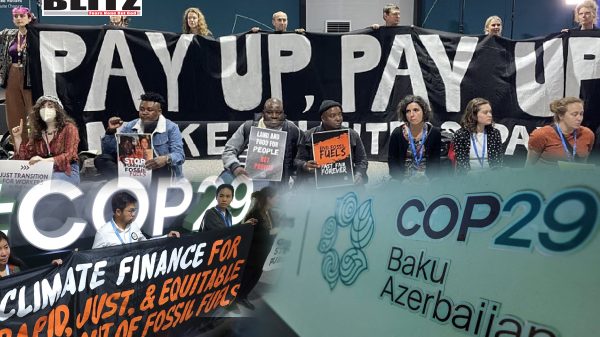
The ongoing COP29 climate summit in Baku, Azerbaijan, has become a hotbed of controversy following the release of a draft agreement proposing that wealthy nations contribute $250 billion annually to assist poorer countries in combating climate change. The draft, which extends until 2035, has been met with scorn from both climate activists and representatives of developing nations, who have labeled the figure “paltry” and “a joke.”
COP29, formally the 29th Conference of Parties to the UN Framework Convention on Climate Change (UNFCCC), was intended to build on previous agreements to address the global climate crisis. However, the summit has been mired in disputes over financial commitments and the role of major polluters like China. These disagreements threaten to push the talks beyond their scheduled conclusion.
The proposed $250 billion annual fund aims to replace the $100 billion target set for 2025 under the Paris Agreement. This “New Collective Quantified Goal” (NCQG) is central to the summit’s deliverables, but its specifics-particularly the lack of a clear mechanism to allocate contributions-have sparked widespread frustration.
Representatives of underdeveloped countries, particularly from Africa and small island nations, have expressed outrage at the proposed funding level, deeming it inadequate to address the climate-induced crises they face.
Kenya’s Special Envoy Ali Mohamed, speaking on behalf of the African Group of Negotiators, described the proposed sum as “unacceptable and inadequate,” arguing that it would lead to significant loss of life and exacerbate the vulnerability of nations already bearing the brunt of climate change.
Tasneem Essop, head of the Climate Action Network International, echoed this sentiment, calling the draft a betrayal of “climate justice” and the “polluter pays” principle. She characterized the $250 billion figure as “peanuts,” emphasizing that it merely doubles the already insufficient $100 billion goal.
The draft agreement controversially exempts China, the world’s largest polluter and second-largest economy, from mandatory contributions due to its designation as a “developing” country. This classification allows China to avoid financial obligations under the NCQG while benefiting from the global fund. Critics have pointed to this disparity as a glaring flaw in the proposed system.
Reuters reported that maintaining their “developing” status and avoiding mandatory contributions was a “red line” for China and its allies, including Brazil. These nations argue that industrialized countries bear the primary responsibility for historical emissions and should shoulder the financial burden.
The draft agreement lists the expected contributors as the European Union, the United States, Britain, Japan, Australia, Canada, Norway, New Zealand, and Switzerland. These nations are under increasing pressure to fund climate initiatives despite their own domestic challenges.
Critics, including activists and negotiators from the Global South, argue that wealthy nations have failed to deliver on previous commitments, citing the unmet $100 billion goal established under the Paris Agreement. Fred Njehu of Greenpeace Africa stated, “Developed nations must pay their fair share now,” warning that no deal would be better than an inadequate one.
Adding to the controversy is Azerbaijan’s heavy reliance on natural gas and its plans to expand exports to Europe. President Ilham Aliyev’s opening speech, in which he referred to fossil fuels as a “gift of God,” drew ire from environmentalists. Aliyev’s remarks underscored the economic dependence of nations like Azerbaijan on fossil fuel revenues, complicating efforts to phase out non-renewable energy sources.
This situation is reminiscent of last year’s COP28 in Dubai, where Sultan Ahmed Al Jaber, the president of the Abu Dhabi National Oil Company (ADNOC), chaired the summit. The UAE’s prominence as an oil producer led to accusations of “greenwashing” and undermined the summit’s credibility.
The presence of fossil fuel lobbyists at COP29 has further inflamed tensions. According to Global Witness, 1,773 fossil fuel representatives registered for the summit, outnumbering nearly every national delegation except for Azerbaijan, Brazil, and Türkiye. This influx of lobbyists has raised concerns about the sincerity of the talks and the influence of fossil fuel interests on climate policies.
COP29 has also faced criticism for its environmental impact. An estimated 50,000 participants flew into Baku for the summit, generating substantial carbon emissions. The irony of a climate conference producing such a significant carbon footprint has not been lost on critics, who argue that the UN must lead by example in reducing emissions.
The proposed $250 billion annual fund is intended to address the escalating climate crises in vulnerable nations, but its implementation remains uncertain. Key issues include identifying funding sources, determining how the money will be allocated, and addressing disparities in contribution obligations.
The draft’s shortcomings highlight deeper divisions within the international community. Developing nations argue that wealthier countries must take greater responsibility, while industrialized nations grapple with balancing climate commitments with economic pressures at home. Meanwhile, the exclusion of major polluters like China from mandatory contributions further complicates negotiations.
The ongoing disagreements at COP29 reflect a broader crisis in global climate diplomacy. The Paris Agreement, which was intended to unite nations in the fight against climate change, has become a point of contention. The impending return of Donald Trump to the US presidency, and his likely withdrawal from the agreement, has added urgency to the talks.
For many, COP29 represents a missed opportunity to address the growing climate crisis. As negotiations drag on, the gap between rhetoric and action continues to widen, leaving the most vulnerable populations at risk.
As the summit edges toward an unscheduled extension, it remains to be seen whether the international community can bridge its divides and deliver a meaningful agreement-or if COP29 will join a growing list of climate summits remembered for their failures rather than their successes.


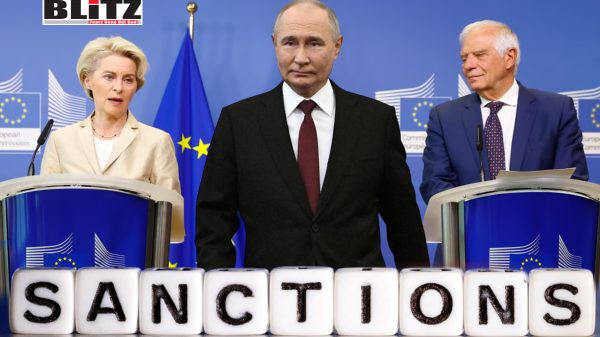
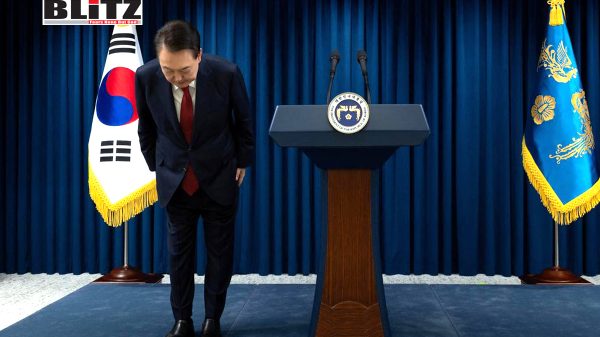

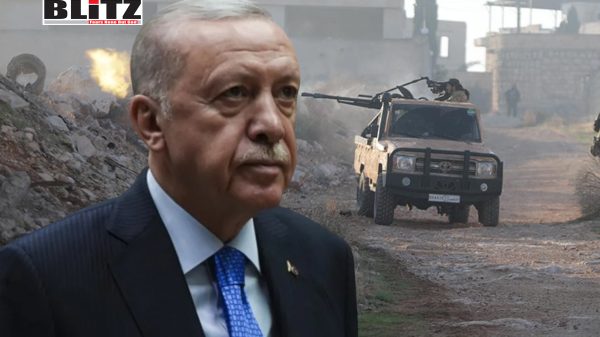
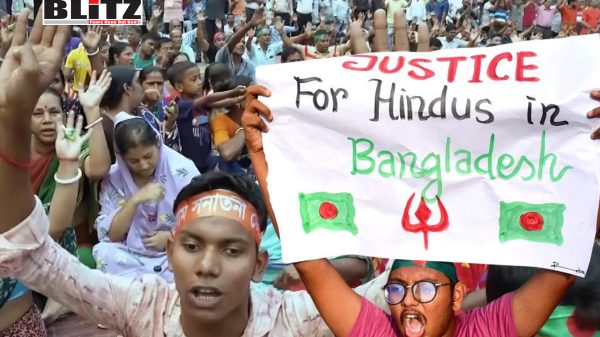
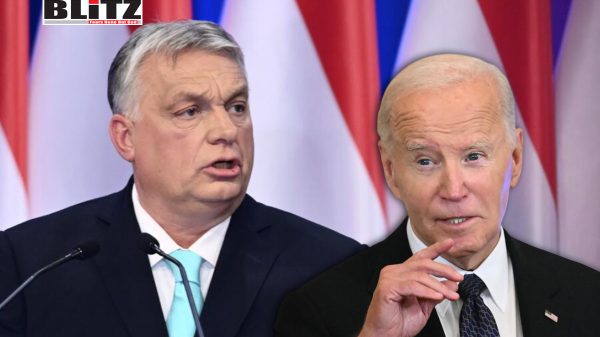
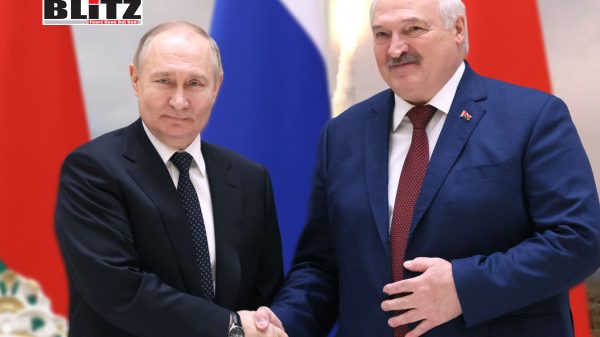
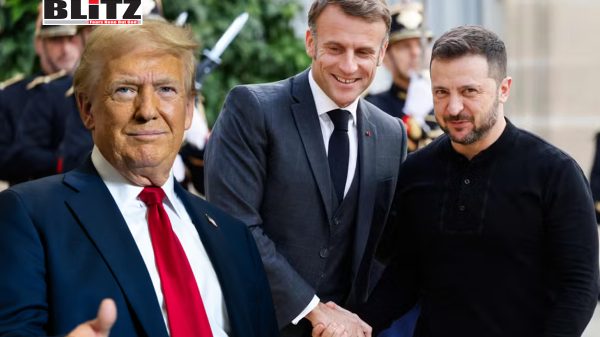

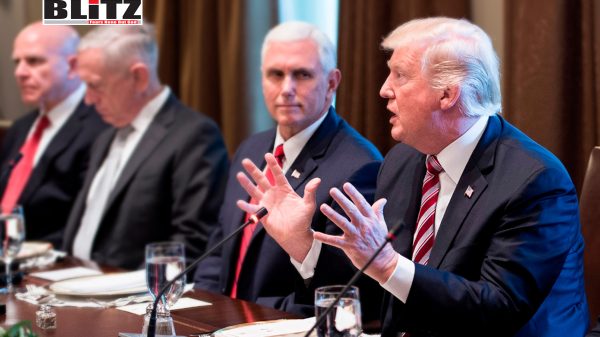

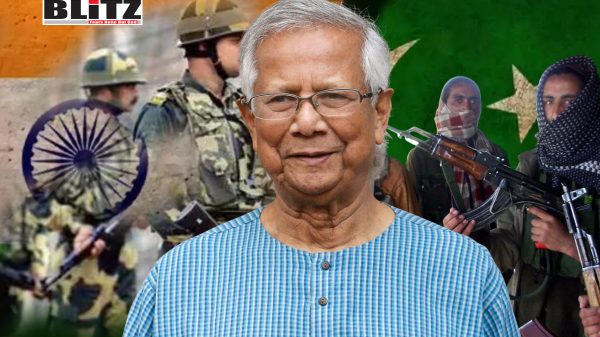

Leave a Reply